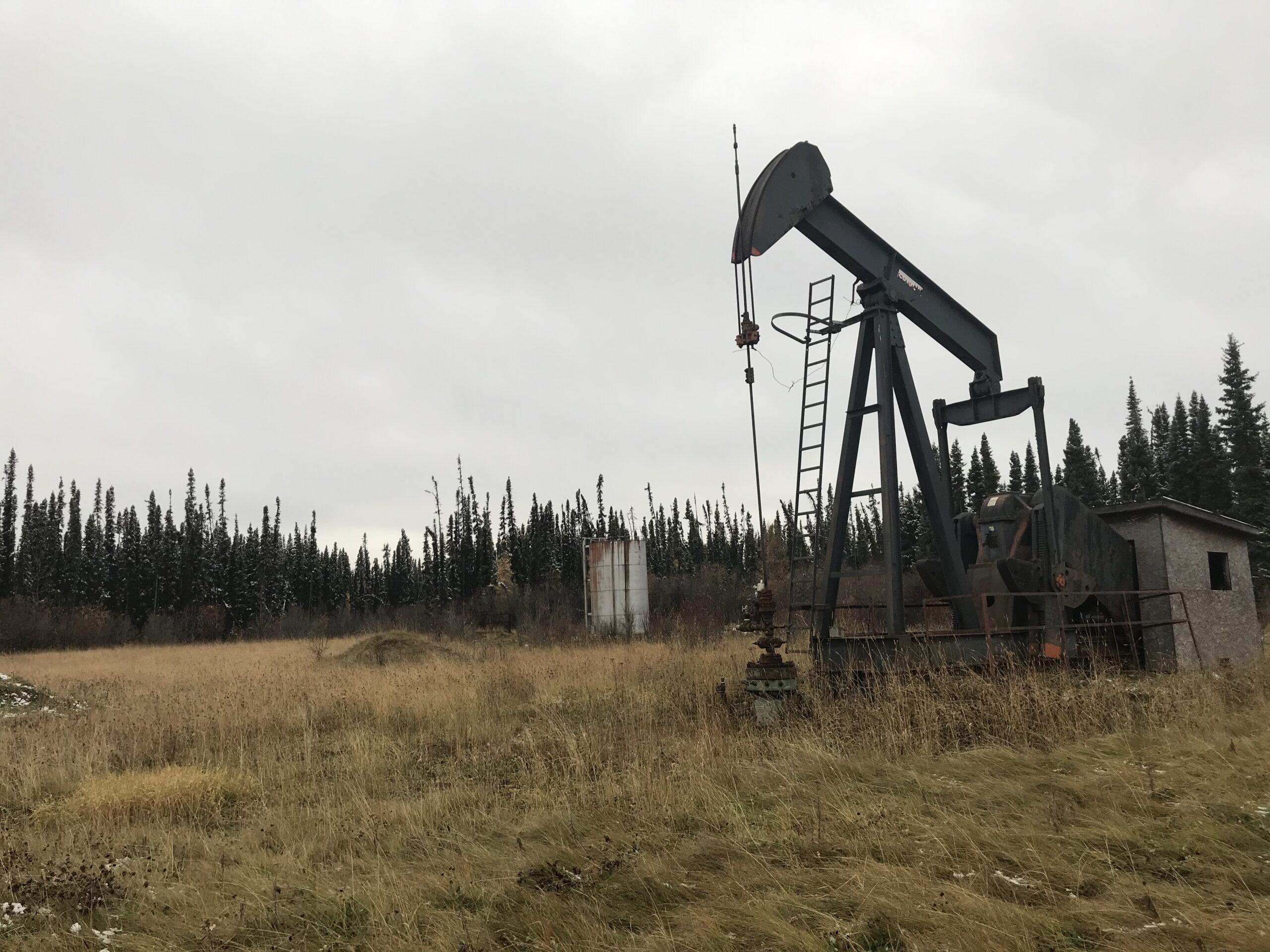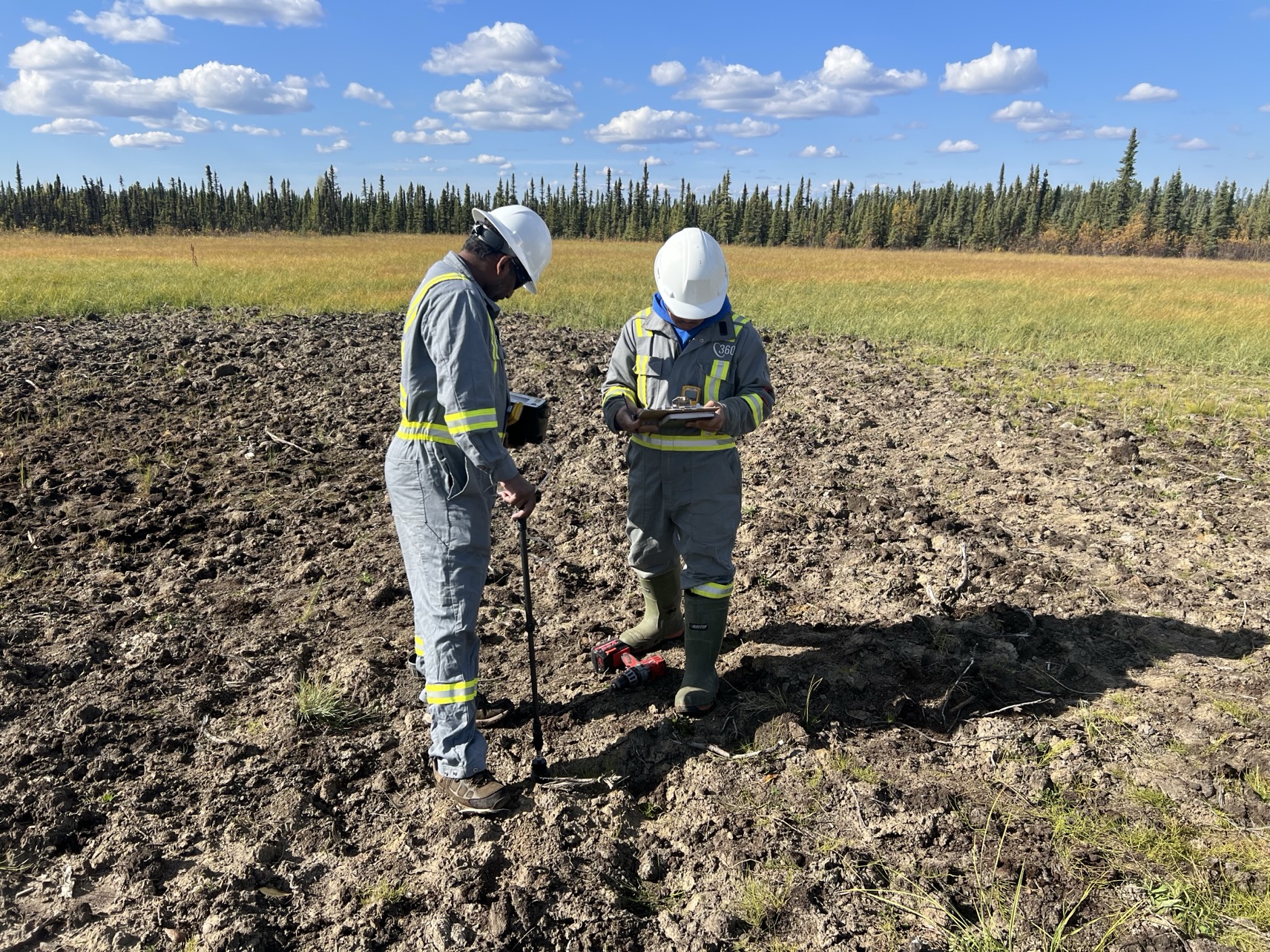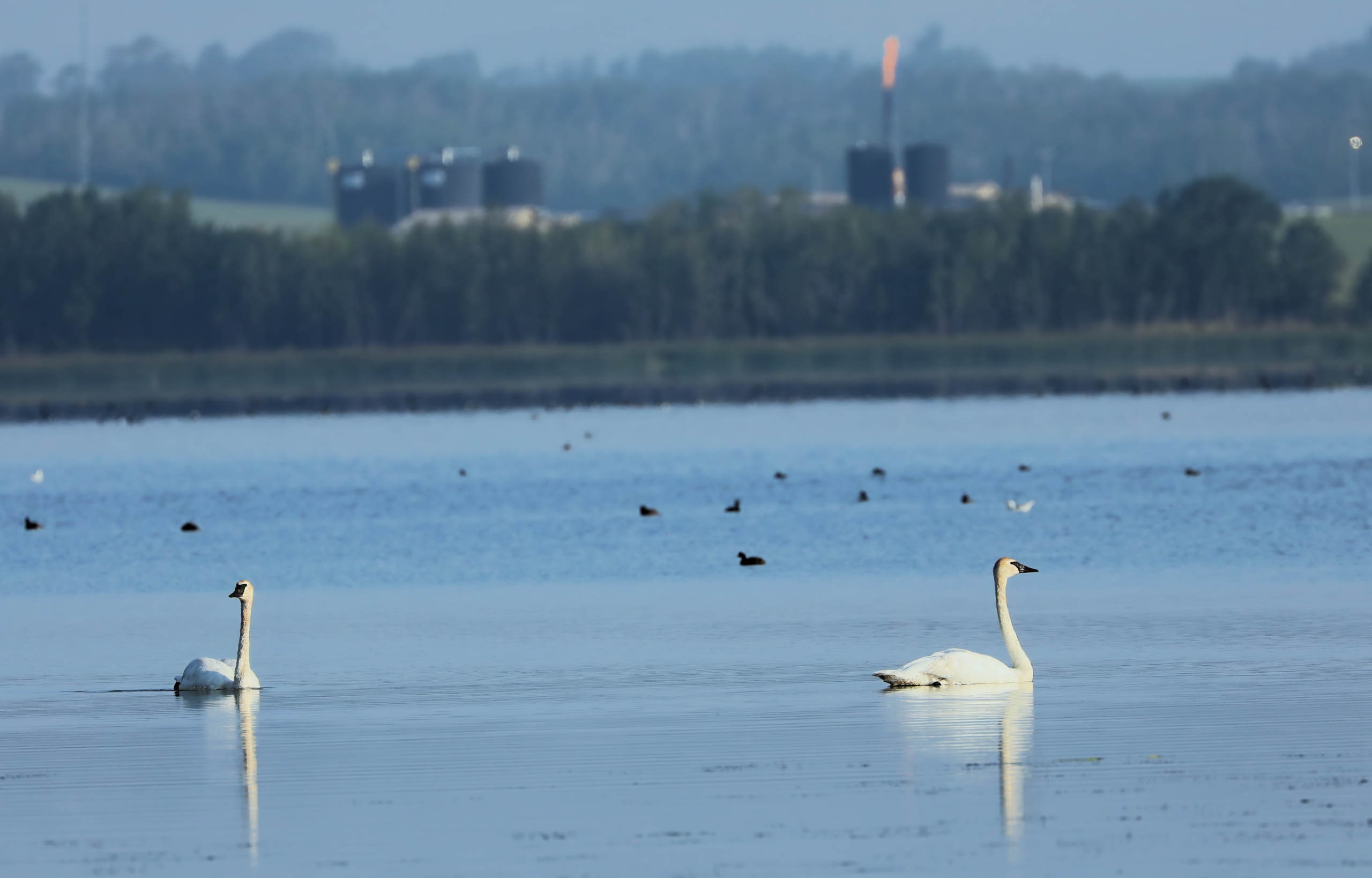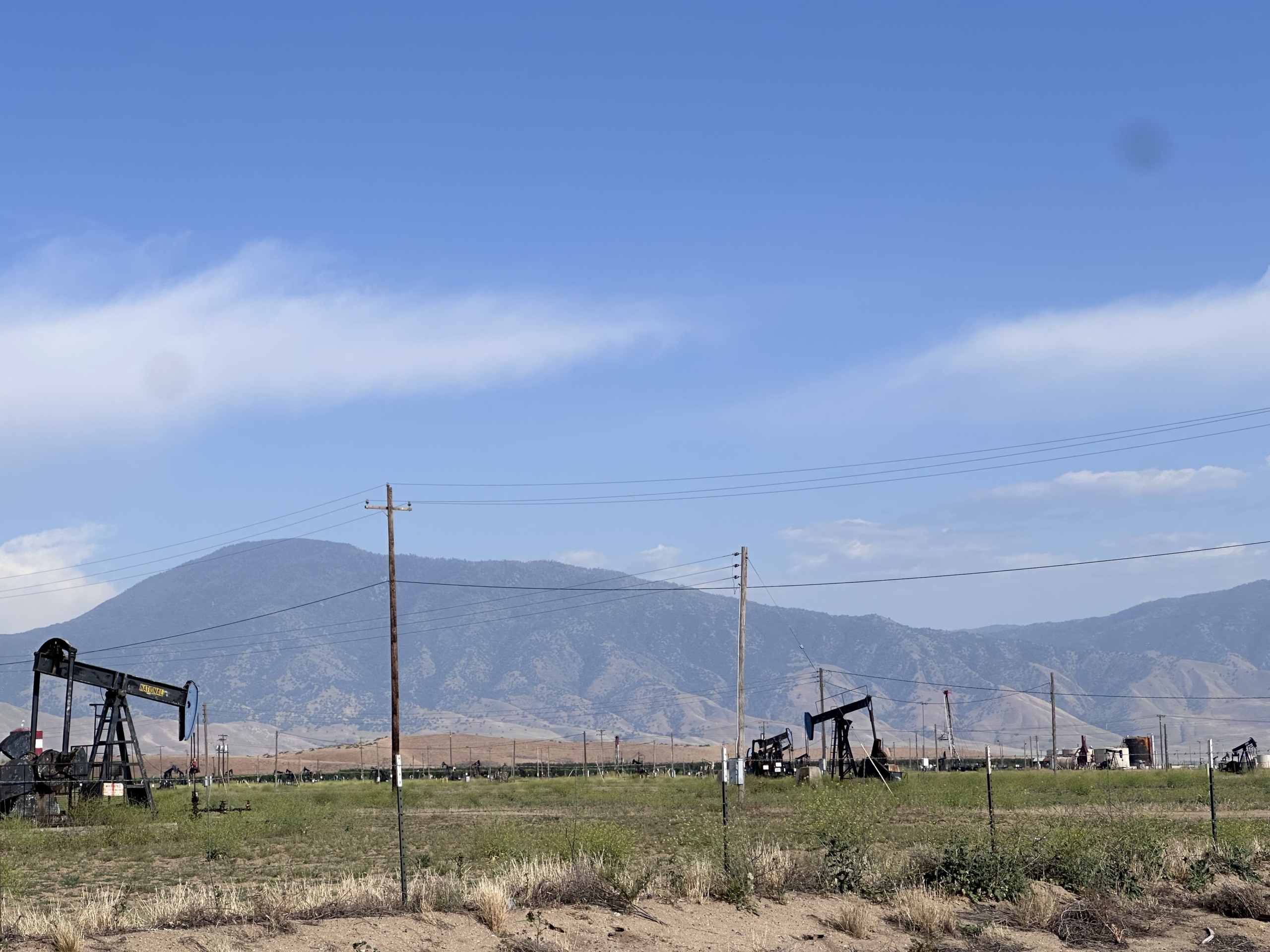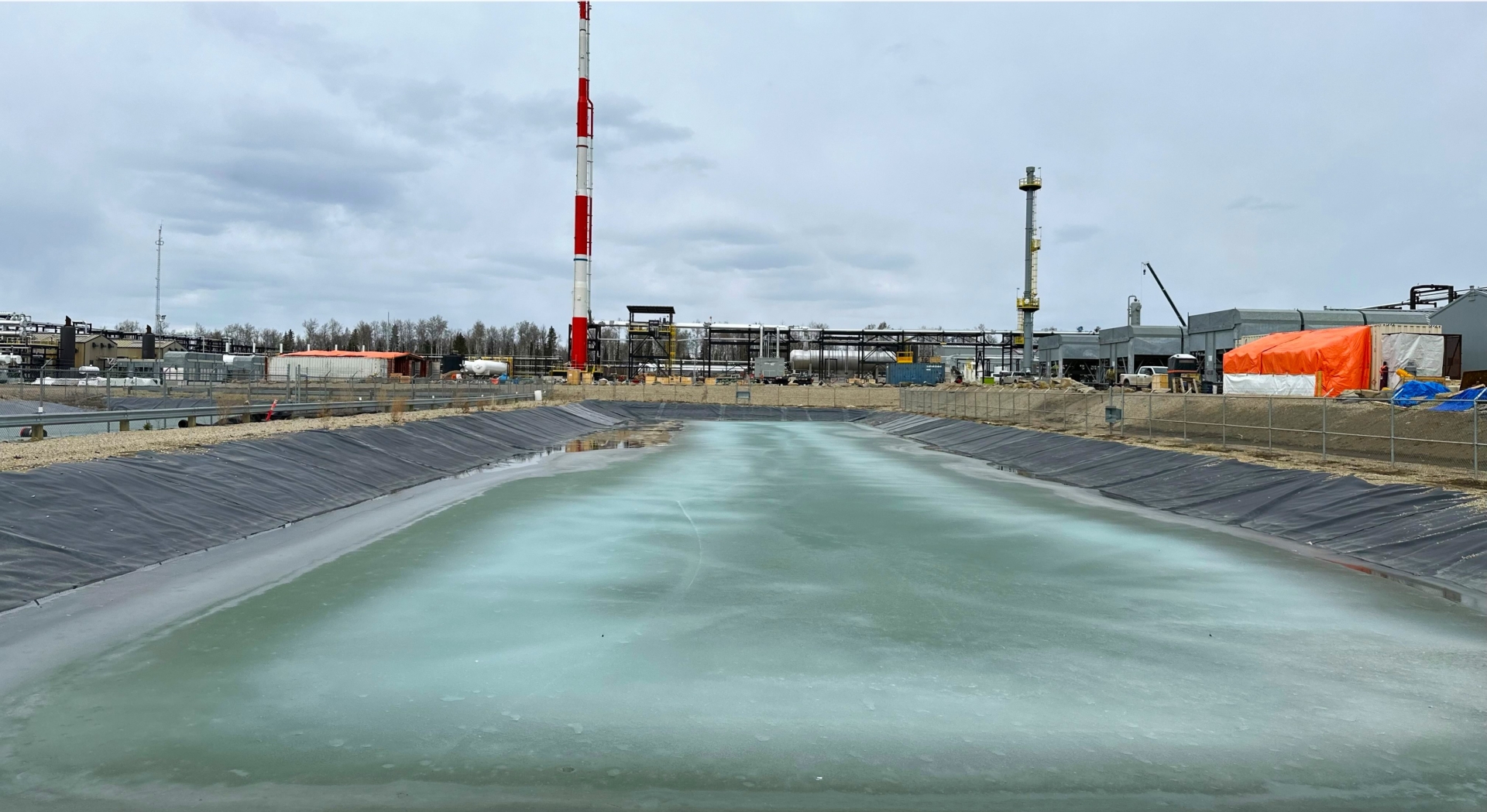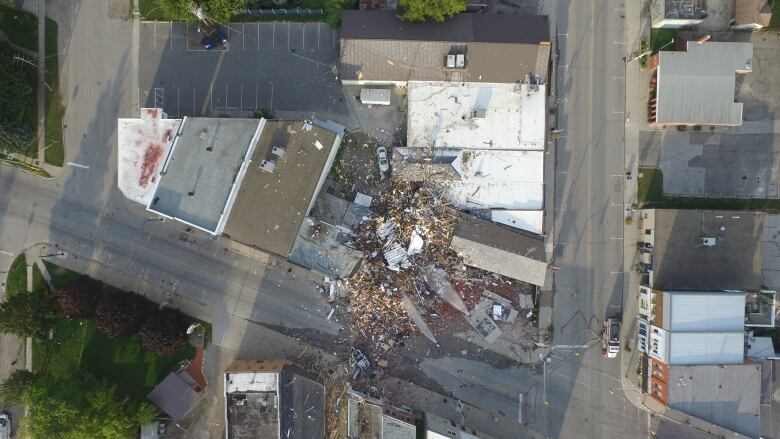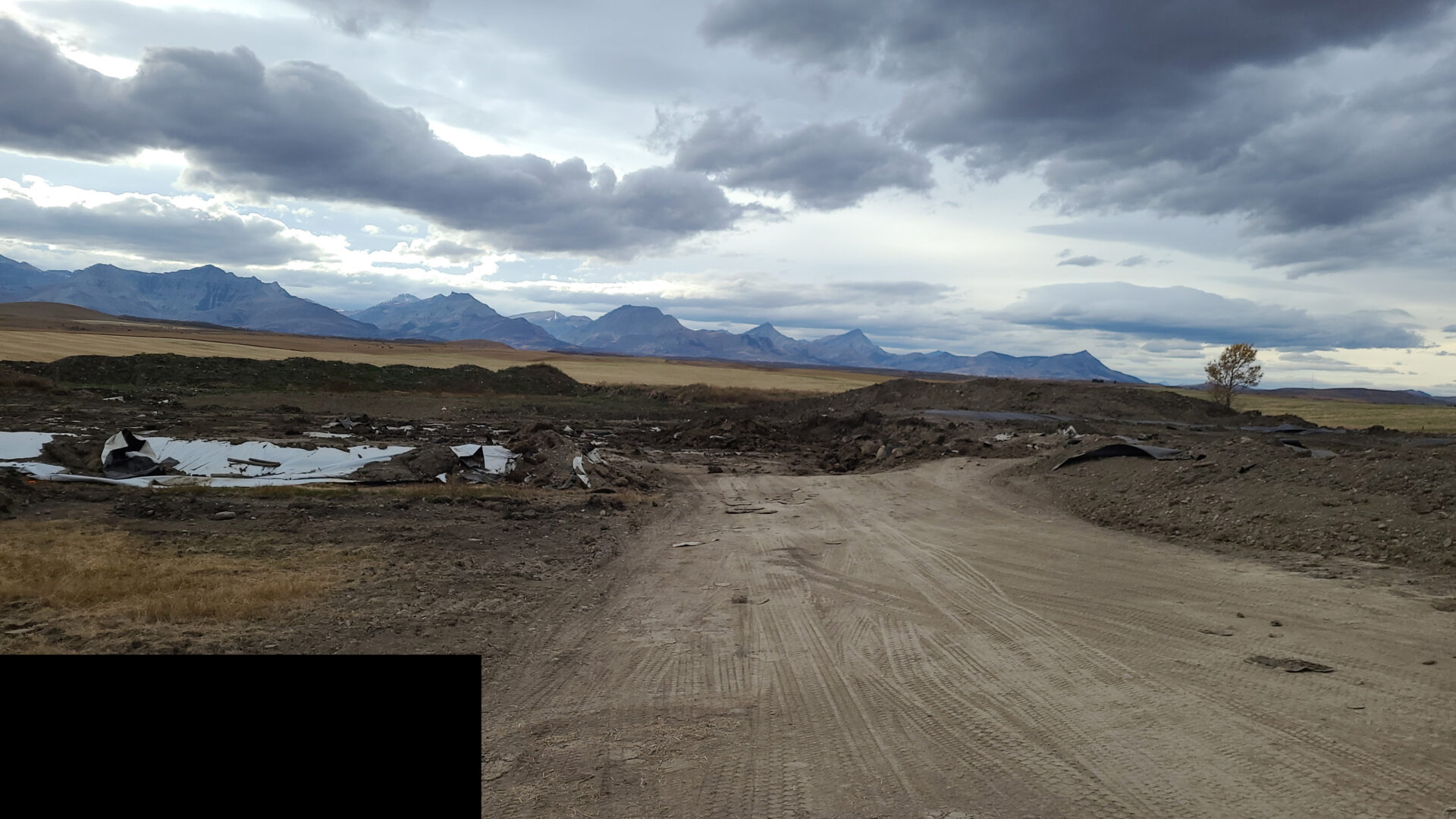Canadian oil and gas companies should capitalize on the opportunity to invest in asset retirement during the current downturn. This is not meant to be a definitive statement for every producer as many will not be in the financial position to do so, but rather the purpose is to generate a line of thought on an investment opportunity that may not be immediately obvious.
If your initial reaction after reading the first line was “that is a dumb idea,” I doubt you will be alone in that thought. Operators are in the midst of what could become the worst downturn many of us have ever seen in our lives and the very mention of diverting capital to perceived “non-core functions” will go against traditionally held views. There is also the reality that many people will lose their jobs in this downturn and that avoiding capital expenditures now can save some of those jobs. This is a moral dilemma not to be taken lightly; however, this article intends to explore the long-term effects on sustainability and profitability from investing in closure activities today.
Before we explore the six core arguments supporting this hypothesis, it is useful to reflect on the current liability situation in the Western Canadian Sedimentary Basin. For generations, regulations related to asset closure were undeniably lax, which allowed many executives to regard ARO as long-term debt with a 0% interest rate and no redemption date. This “debt” accumulated on balance sheets for decades and was on an unsustainable trajectory for the oil and gas industry to manage without a concerted change in mindset. Hence, a major push from regulators in recent years has been supported by many operators to incentivize/demand closure (i.e. Area-Based Closure Program and Dormant Site Program). Given recent events, there will be many companies that are eager to once again deprioritize closure activities, but we argue they are missing a massive opportunity. Without further ado, I detail my six arguments for investing in closure activities right now below.
No Incentive to Grow Production
Many Canadian oil and gas companies are not able to produce economically at current prices and are forced to shut-in production or operate at a loss. There is also an enormous opportunity cost attached to each barrel produced now as opposed to leaving it in the ground and producing it once prices recover. For context, oil wells in one area with forecasted IRR’s of 66% – 96% in Q4 2019, are now negative if drilled today given the price collapse. Furthermore, the value of Canadian oil and gas companies is being dictated more by geopolitical maneuvering, demand shocks, and lack of investor confidence rather than by performance. Growing production will not overcome these underlying conditions to positively affect value and may, in fact, be viewed as irresponsible and harmful to long-term value.
Service Pricing
Service companies are going to share in the struggles of the price collapse as operators slash budgets by 25% – 50% across the board. One result to come from this will be an extremely competitive service pricing environment as companies compete for the reduced workload. As a benchmark, the Petroleum Services Association of Canada reported that service rig rates fell by 20% from 2014 to 2015 and many analysts are predicting that this downturn will be even more impactful. What this means for producers is the ability to execute on more closure work for less capital than prior to the crisis.
Decrease Leverage for Lenders
The lending market changed dramatically following the Redwater decision in early 2019, with most debt providers increasing the discount applied to lending values for ARO. We have encountered several instances of lenders subtracting the entire inactive ARO from the discounted cash flow to determine lending limits. Reducing these liabilities reduces risk for lenders and makes companies more attractive for the restricted capital pools currently available to Canadian oil and gas companies. There is also an opportunity for operators to generate a 1:1 return through asset retirement on future debt capacity in these instances, which if timed correctly, can be utilized to grow production when it makes sense again. There may even be a convincing argument that executing closure at below-market rates as outlined above will allow operators to earn a return greater than 100% for future investment. This could be compounded even further with interested rates having been reduced to historical lows and seemingly destined to stay low for the foreseeable future as the economy recovers.
Reduce Long Term Operating Expenditures
Inactive assets have fixed costs, referred to by us as carrying costs, such as surface rent, utilities, taxes, vegetation control and inspections. These carrying costs vary greatly depending on location and land use but can easily range between $3,000 – $8,000 per year for each inactive well. Investing in asset retirement creates an avenue to eliminate these costs in perpetuity and subsequently improve future operating expenditures. Yes, the payback period on these investments is relatively longer than new production under normal circumstances; however, these are not normal circumstances and this opportunity cost has largely been eliminated. The oil and gas marketplace has also evolved significantly over the last few years and companies are judged more now on sustainable profitability than production. Acting now puts operators into a position to align with this new reality and sets them up for future success and profitability. Eliminating these fixed costs also provides operators an additional lever to pull during price disruptions by shutting in production and reducing the opportunity cost they incur.
Acquisitions and Divestitures
The importance placed on ARO in A&D has fundamentally changed in the last five years and it has become one of the top considerations. Yes, the A&D market is currently stalled and may be for some time, but this allows producers to realize the impacts of closure investments made today by the time the market heats up again. For sellers, this can be a reduction in the discount applied to packages or increasing the number of prospective buyers, creating more competition and hopefully driving up the metrics. On the buy side, it means being able to absorb liabilities associated with desirable packages that come on the market through distressed sales and receiverships.
Environmental, Social & Governance
The rise of Environmental, Social & Governance (ESG) has been seemingly exponential since its introduction in 2004 and has been one of the dominant themes for global energy producers in recent years. It has driven remarkable change through the energy industry regarding environmental impacts, gender equality and even the definition of who a corporation is ultimately responsible to. One could also argue that it is one of the key elements driving the political uncertainty in Canada that has hampered our industry throughout the last decade. Despite Canada’s world-class standards for ESG, our reputation does not match our performance and it is creating ramifications for the entire world. That is why it is so important for companies to stay committed over the long term to the initiatives they have taken in this space. When COVID-19 finally dissipates and a truce is drawn over excessive oil production, global warming and environmental preservation will remain as two of the most important issues for citizens across the world.
I would argue that Canada is the global leader regarding oil and gas closure and by setting this standard we paint a positive image to the rest of the world. Continuing to execute on closure during this downturn through our established framework provides an opportunity to accelerate this process and demonstrate that Canada is committed as a responsible lifecycle energy provider. It will not be effective if only a small portion of industry adopts this mindset because the problem is too large and will be overshadowed by current events. But a concerted effort by a broad portion of industry to not cede to panic and to contribute what they can towards closure may create a bigger impact than we can even imagine. There is no silver bullet for Canada’s reputation problem, but this is certainly one incremental step towards change.
Closing
COVID-19 and the production war have hammered the oil and gas industry over the past month and there is no certainty on when a recovery will begin. Yet, long term strategy should not be forgotten in the face of crisis and there are opportunities available today to fundamentally transform the future value of a company. It is my hope that this article has at the very least sparked a new line of thought and caused you to consider investment opportunities that may not have been immediately obvious beforehand. Please feel free to connect with me at 587-999-5648 or mnewton@360eec.com if you would like to discuss, analyze or even contradict this hypothesis.
Thanks for reading,
Mike

